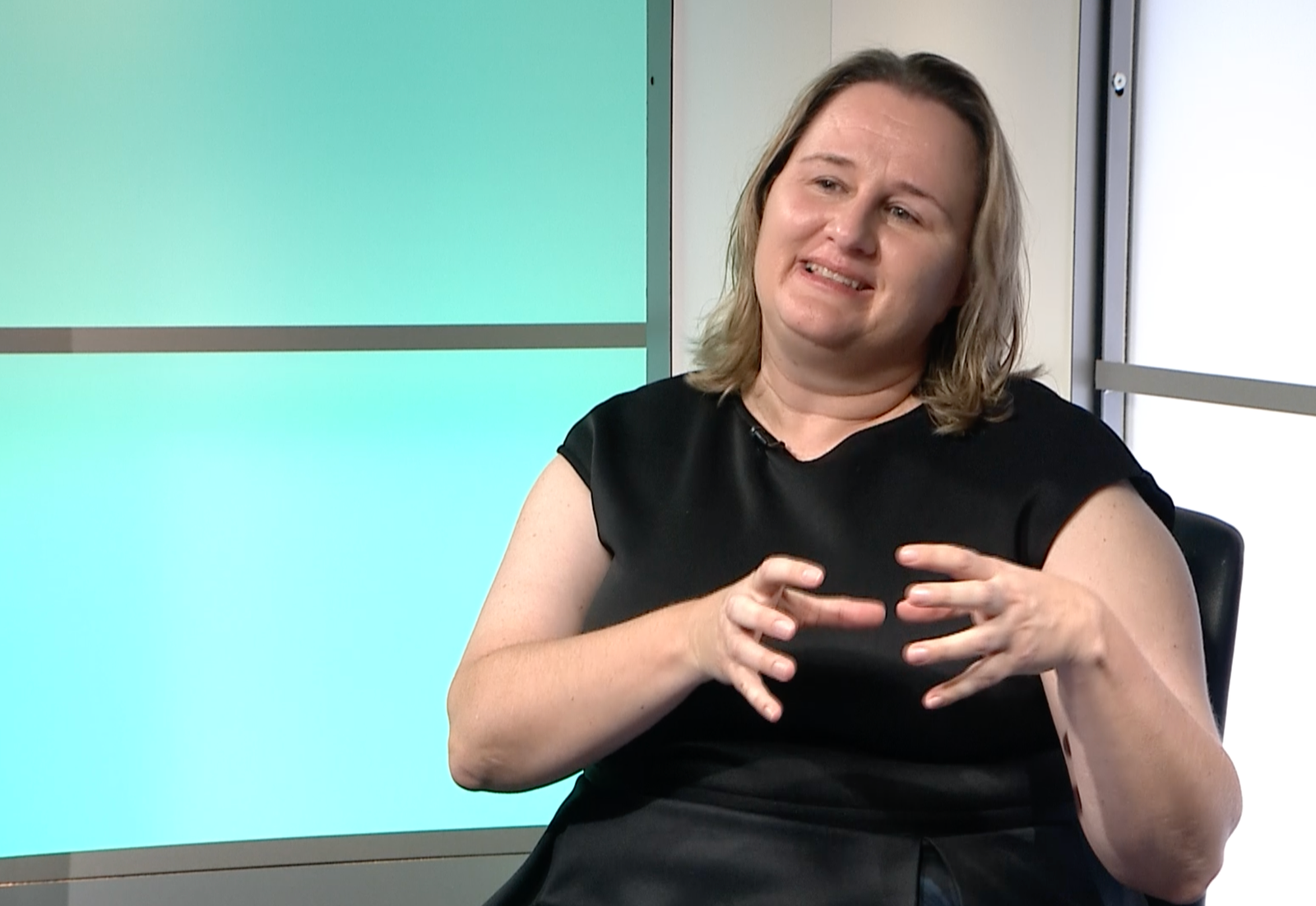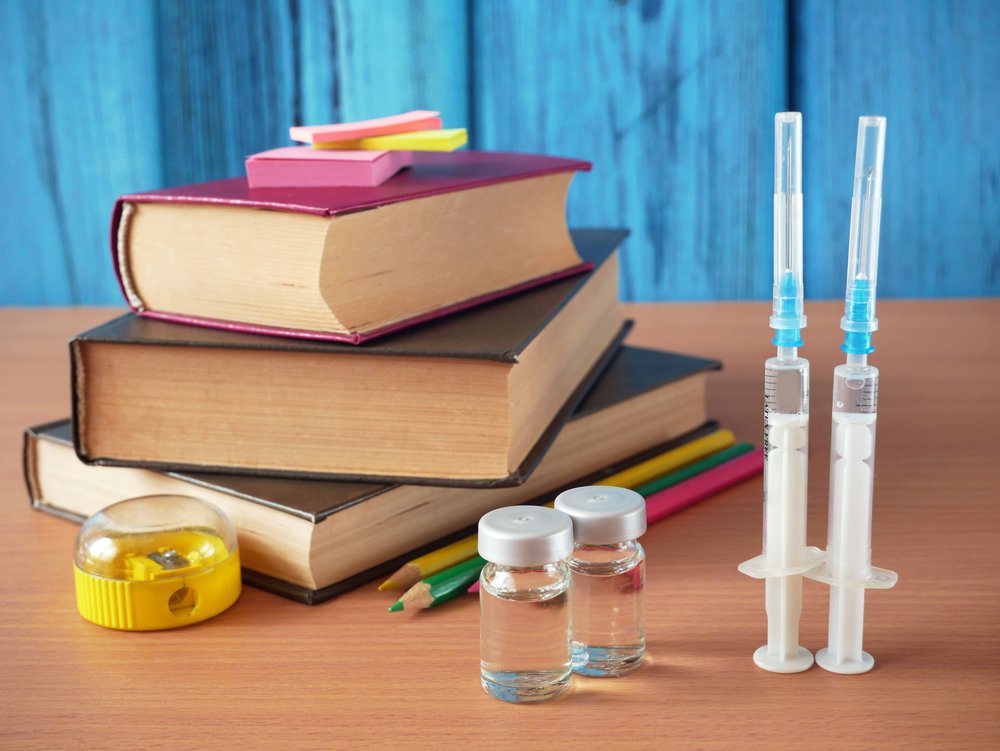NASSAU, BAHAMAS — Canadian High Commissioner to Jamaica and The Bahamas Her Excellency Emina Tudakovic said yesterday that adults have a responsibility to get vaccinated to protect those who cannot — children under 12 who are expected to return to school sometime in the New Year.
In an interview with Eyewitness News during her first official visit to The Bahamas, Tudakovic was asked whether she believes The Bahamas should consider allowing children ages five through 11 to become vaccinated — a decision Canada is expected to make in a matter of weeks.
“I think this is where I come back to the issue of vaccination where I get disappointed that people won’t take it because I feel it is a bit of a test for us.

“We as adults have a responsibility to children and so, we can take the vaccine and schools can open.
“I feel like we’re failing to protect those that cannot take the vaccine because I think it will be a long time before the under 12s get vaccines, but there is a way to send them back safely and really I think it just behooves us to do so.”
Tudakovic said she believes children can return to classrooms safely.
Earlier this month, Minister of Education Glenys Hanna-Martin said yesterday that the government hopes to announce a date “soon” for the resumption of face-to-face education in public, but would be guided by health officials to ensure it is safe.
Coronavirus cases have continued to trend downward in recent months and weeks.
Students in Canada returned to school in September, barring “the most catastrophic of circumstances”, but there have been limitations on social activities, a requirement for facial masks throughout the day, and physical distancing.
“Kids need to be in school and I actually that think one of the great failures of public policy has been in having kids [not] in school,” the high commissioner said.
“I understand why countries did it, including Canada, including The Bahamas, including Jamaica, but I think we have sort of neglected that aspect of school as a public good; the impact on parents when your kids aren’t in school even if your parents are lucky — we were quite lucky we got to work virtually for a number of months, my husband and I — but I really think that the countries that don’t prioritize putting kids in school are going to be losing out in the next few years.
She continued: “At some point when you’re at month 10 of virtual learning it’s just not the same.”
Asked how to incentivize more people to take the jab, Tudakovic said she empathizes with governments managing COVID and having to make a series of “less bad choices” whether that means slowing tourism for example to reduce the spread on infection or prevent gatherings.
Canada began its vaccination program in March and April.
The equitable supply of vaccines has been a challenge throughout the pandemic.
In more recent months, developed countries have made substantive donations via direct bilateral relations or through the World Health Organization’s COVAX Facility to more vulnerable countries, including Latin America and the Caribbean.
Despite Canada’s 85 percent vaccination rate, some hospitals in parts of the country have been overwhelmed.
“They’re being overwhelmed with 99 percent of the people in the hospitals are non-vaccinated,
she said.
“So, trying to spread that message is that look, you have to get past those numbers.
“You can’t be hesitant because we want to get back to normal.
“Kids need to be in school. That’s a big one for me personally; I have two kids. But people want to work and I think we’re kind of over the COVID thing and I think vaccines are the way out.”






